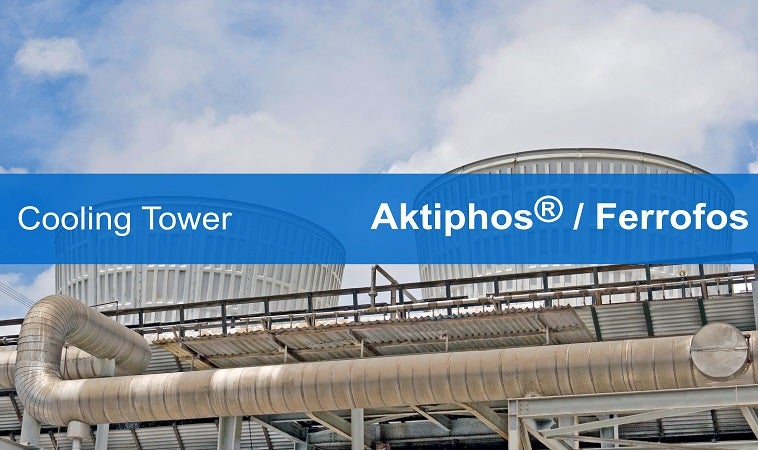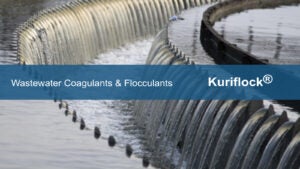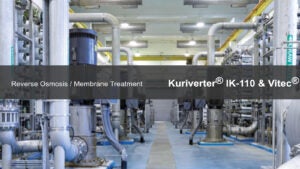Cooling Water Treatment with Aktiphos® and Ferrofos®

The challenges of a cooling water system cannot be considered separately, since they are interdependent. Therefore, Kurita offers a complete concept, based on the combination of different treatments.
Scale inhibition
With our wide range of antiscalants and dispersants, your cooling water system is effectively protected against scaling, slime deposits, and other materials reducing the performance of your plant. One of the main benefits of the Kurita products is their extraordinary dispersion effect on iron and solids. Deposits and mineral scaling are prevented completely and an unhindered heat transfer to the heat exchanger is ensured. Our products further eliminate the risk of under deposit corrosion.
Corrosion inhibition
A perfect corrosion inhibition for open and closed cooling water systems not only includes the selection of the right corrosion inhibitor but also the control of all relevant water parameters. Kurita’s precisely adjusted treatment concepts and efficient monitoring systems care for optimised conditioning of your system, preventing it from serious and expensive damages.
Aktiphos® 4170 – Significant lower phosphorus treatment meets patented solution
Aktiphos® 4170 includes the corrosion inhibition technology of our patented Corrsave® range. Aktiphos® 4170 is a cooling water treatment chemical designed to prevent corrosion of steel, copper, and copper alloys as well as scale deposits and fouling in open recirculating cooling water systems. The unique composition of Aktiphos® 4170 ensures a significantly lower total phosphorus need while providing unchanged high protection of metal surfaces. Aktiphos® 4170 is listed in NSF White Book™ Category G5 and can be used in cooling water in and around food processing areas.
Environmental friendly water treatment with Corrsave® 100
Corrsave® 100:
- Is based on natural and renewable organic acids.
- Is inherent biodegradable.
- Has a high performance compared to state-of-the-art corrosion inhibitors.
Corrsave® 100 is the perfect solution in cases where the actual legislation demands strict surveillance of P-limits and a high biodegradability is preferred.





